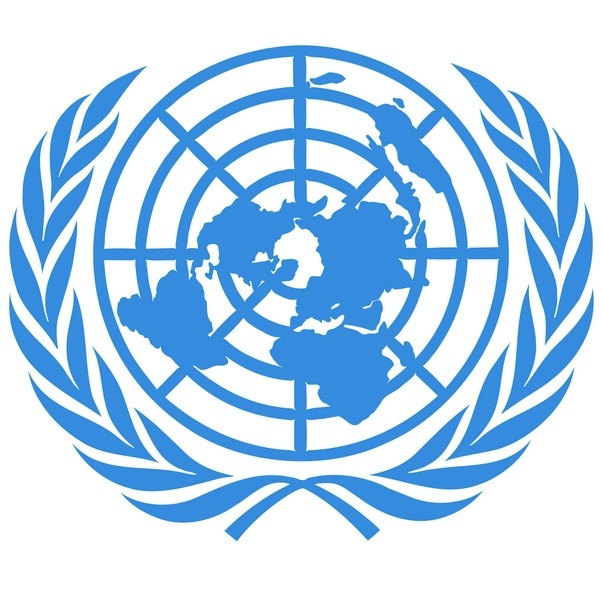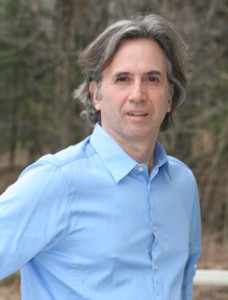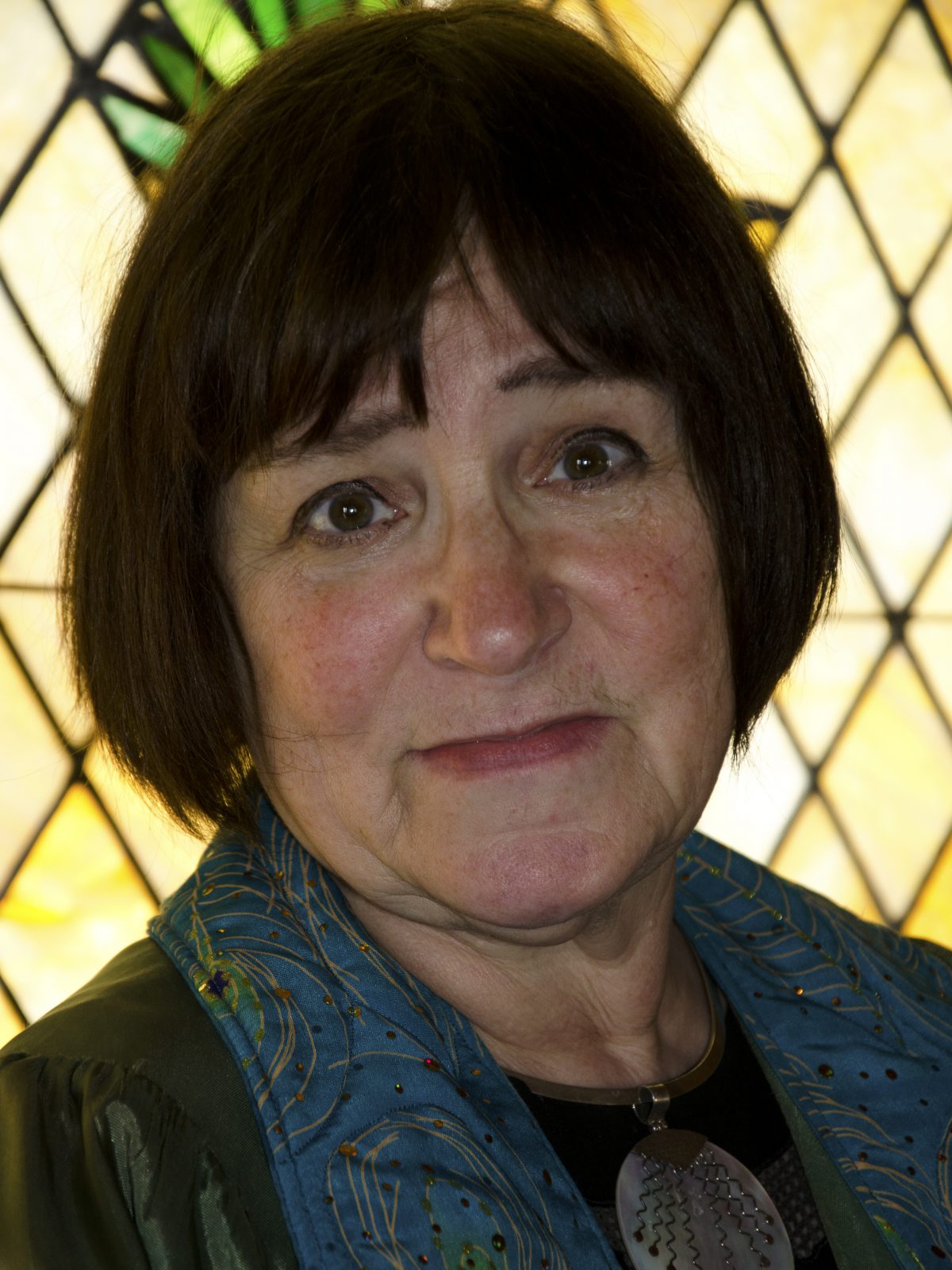Welcome, bienvenue!!
Greetings from UUEstrie, a liberal spiritual community that first gathered in the village of North Hatley back in 1886, as the First Universalist Church of North Hatley.
Salutations de l'UUEstrie, une communauté spirituelle libérale qui s'est rassemblée pour la première fois dans le village de North Hatley en 1886, sous le nom de Première Église Universaliste de North Hatley.
Join us Sundays at 10:30am for our weekly service.
Rejoignez-nous le dimanche à 10h30 pour notre service.
This year’s pageant explores the themes of Hygge and Adventure. A community turkey supper will follow. All are welcome! Suggested donation $10 for adults; $5 for children over 6 years old.
Could the gospel of Thomas possibly be the missing Unitarian Universalist book of the bible? To answer this question all we need to do is explain what we believe to be the core of Unitarian Universalism, explain how the whole New Testament came to be written, and then look at the Gospel of Thomas itself – all in 20 minutes or less. “No problem”, says Rev.Brendan.
Brendan served UUEstrie in the 1980s. He enjoys acting and singing in local theatre groups in Northern Vermont, where he lives.

An annual event at UUEstrie where we honor the United Nations’ efforts for a peaceful world. This year’s theme is Migration, focusing on the many people who have left their homelands in search of a safe and decent life elsewhere. The offering this morning will be dedicated to the UU United Nations Office.
Our annual worship service devoted to aiding the cause of persons around the world whose rights have been violated in any of a number of ways, such as political prisoners incarcerated for their activism in the cause of social justice. There will be an opportunity to write letters of support in a number of cases identified by Amnesty International.

“Dark Memories haunted Jefferson Davis in Quebec”, a paper by recently deceased Bishop’s professor Robert MacGregor, will be presented by Dr. Adele Ernstrom on November 25. Prof. MacGregor’s research examines local responses to Jefferson Davis’s presence in Quebec. They range from reports he arrived in Lennoxville in his wife’s clothes, to threats from a Stanstead crowd that he be tarred and feathered as a war criminal. He was held responsible for the abuse of Union captives in Andersonville Prison.
Shedding light on Canadians’ relationship with the American Civil War, the paper will be presented at the Unitarian-Universalist Church of North Hatley, corner of Main and Gagnon, in a service at 10:30 AM to honour the memory of Prof. MacGregor.

Day Two of a two-day workshop in Non-Violent Communication in Stoddard hall with certified trainers Francois Beausoleil and Michel Dufresne. The workshop will be given in English, with questions and comments welcome in French as well. Early Bird cost for the two-day workshop: $200. This is an excellent chance to practise discerning the needs underlying the words of another and to improve our empathy and compassion skills.
Visit https://www.francoisbeausoleil.com/ for registration information
Eric will be presenting a session at the World Parliament of Religions, which is meeting in Canada this year at the Toronto Convention Center during the first week of November. This gathering will feature dozens and dozens of talks and workshops, three of which are being organized and presented by the Canadian Unitarian Council. We look forward to Eric’s talk about what the experience of being at the Parliament was like.
Unitarian universalists from across Eastern Canada are invited to gather at the Kingston (Ontario) Unitarian Fellowship on this Saturday for a day whose main theme will be “Creating Our Own Theology”. What a UU thing to do! The schedule for the day begins at 9:am and goes till 3:45pm. Speak to Phyllis Baxter about possible car pooling.
Honoring the war dead both civilian and military on this Remembrance Day.

A monthly discussion group meeting in our Stoddard Hall, animated by Reverend Carole, usually on the second Thursday of the month.




